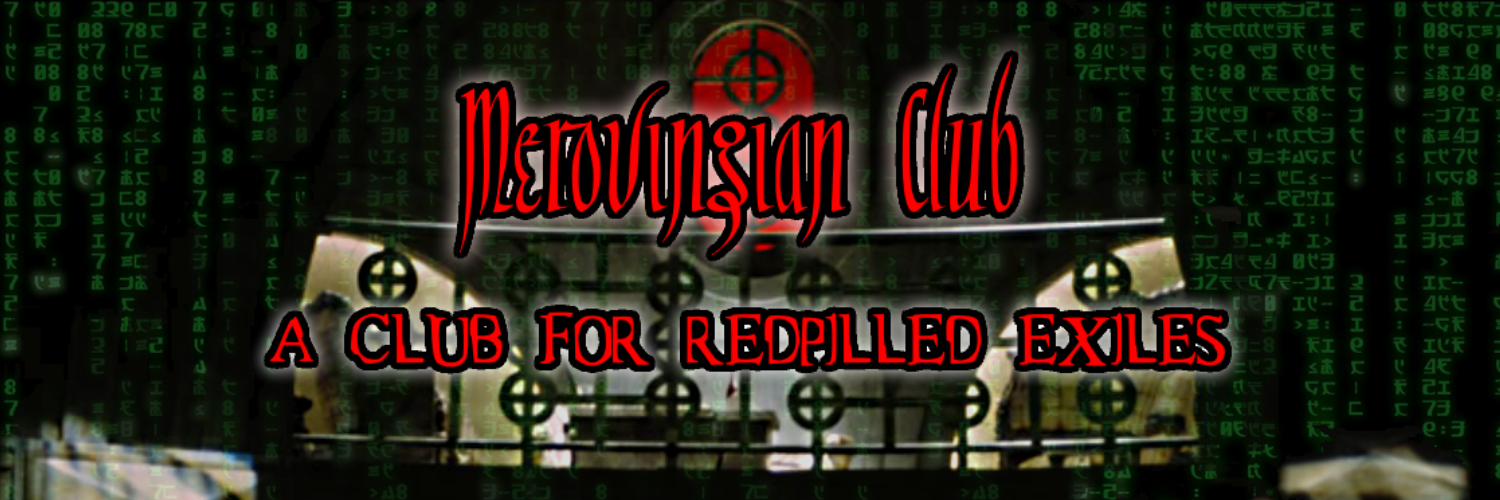I think I might have figured out the moment things "went wrong" as it were.
Religion goes from animism (nature spirits) to polytheism (many gods representing different aspects of nature) to henotheism (one central god with lesser servile gods) to monotheism (only one god).
However, we had monotheism wherein god was all aspects of nature rolled into one. Things like good and evil couldn't be applied, just like with nature itself.
Then . . . we went backwards
1 of 2.
@Tfmonkey Modern Christianity is a paganized Jesus Cult. Bernadette Roberts is the only Christian author I've seen that makes sense of the whole thing. The last book she wrote, "The Real Christ" traces how Christianity became a Jesus cult through examining the theology of the early church and its councils. It all started early and as best as I've done to go through theology over the past few weeks, my conclusions of what most Xtians believe is that it's simply low IQ bullshit.
@philosophy I've been recently tipping my toe into hermeticism, which has a LOT of bleedover into Taoism and Buddhism, so much so that I suspect an Indian origin.
I look at is as "different doors to the same room". You can find enlightenment through western religion if you actually go all the way.
If you pray "not my will, but thine be done" and mean it, giving up your self to be an instrument of god's will, surrendering wholly to god . . . then that's just a different door to the same room.
@Tfmonkey @philosophy as far as I know hermeticism, western esotericism is very syncretic, borrows heavily from the east, paganism, Christianity, judaism when it suits them and the doctrine transforms. Sufism is a great example of using the dominant religion as a skin to hide your inner teachings. The consistent theme with all of them is the consciousness developing practices.
@Tfmonkey You are dead on. And that's the place Roberts essentially gets at: God enters when Self leaves. There's a viable, real spirituality running through some Christianity, particularly in folks like St. John of the Cross.
Most of it, unfortunately, is nonsense.
@Tfmonkey You might consider that Hermeticism had Hellenistic origins. Due to Alexander the Great conquering much of that region, over to India, there's a lot of syncretic exchange that went on. There were even Greco-Buddhist kingdoms that existed. The beliefs of the Gnostics, for instance, seem like an outright mashing together of Greek philosophy with Indian asceticism.

@Tfmonkey That said, Roberts has something more than salvageable. She literally became a Buddha herself (well, there's no "her" to become anything after the process, but ya...) through Christianity. But she speaks quite strongly against the Jesus Cult and that modern Christianity, with its paganization and literalism, is so offensive to God that he's already destroying it. Christianity is on the way out and membership is declining at record pace.